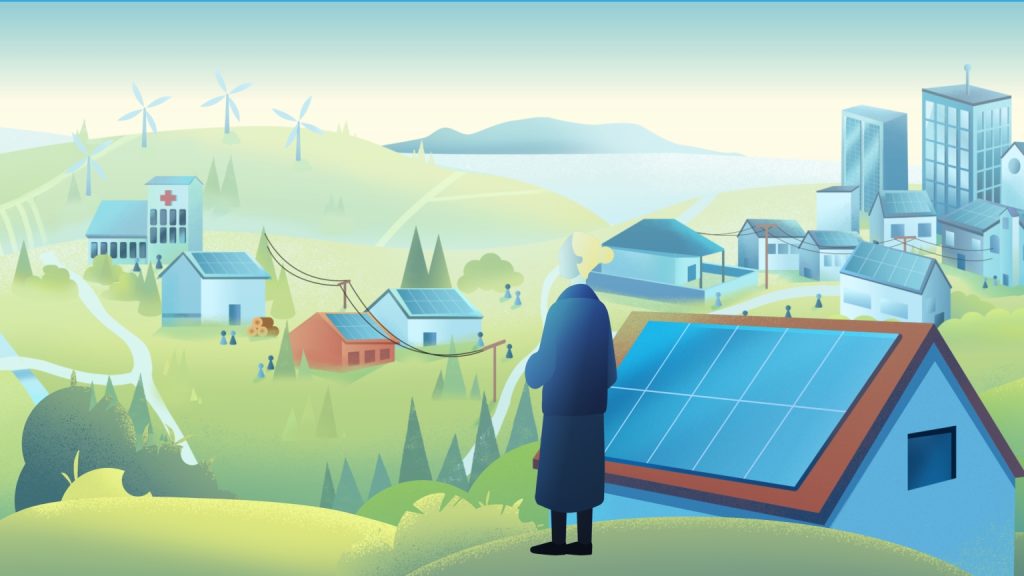
Theme leads:
Summary:
In CAST Theme 1: Visioning, we are examining feasible and desirable visions for low-carbon futures – in other words, we ask: ‘what could sustainable transformed societies look like?’.
We’re diving deeper into public preferences for behaviours that might be part of low-carbon futures, such as active travel and reduced meat consumption, and how these vary within the UK and across other countries.
We make use of the data CAST produced in Phase 1, including interactive visioning workshops, policy roundtables and public perceptions surveys. We also analyse data from external sources, as well as collecting new survey data.
The core aims of Theme 1 are:
- Re-imagine the ways society can be configured.
- Build knowledge surrounding public perceptions of and engagement with climate change.
Projects we’re currently working on:
- Public perceptions of climate change and transformative action
- Public engagement and visioning toolkit for deliberating ‘sticky’ topics
- Embedding public perspectives and social science into policy-making
